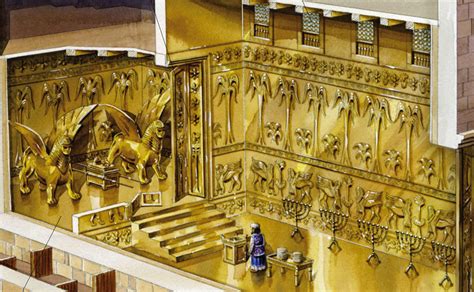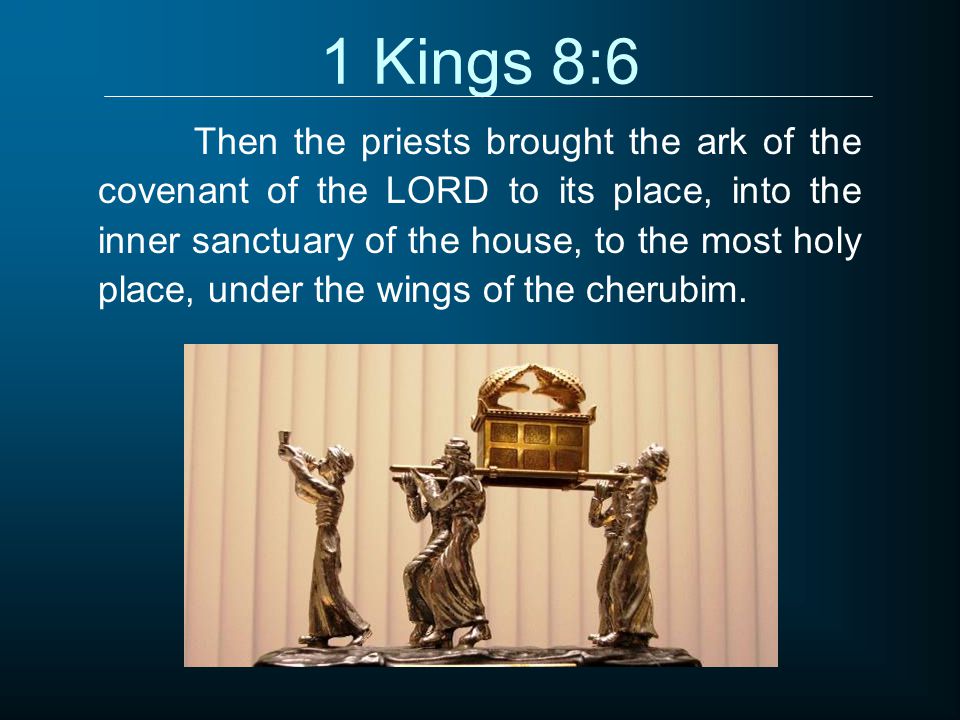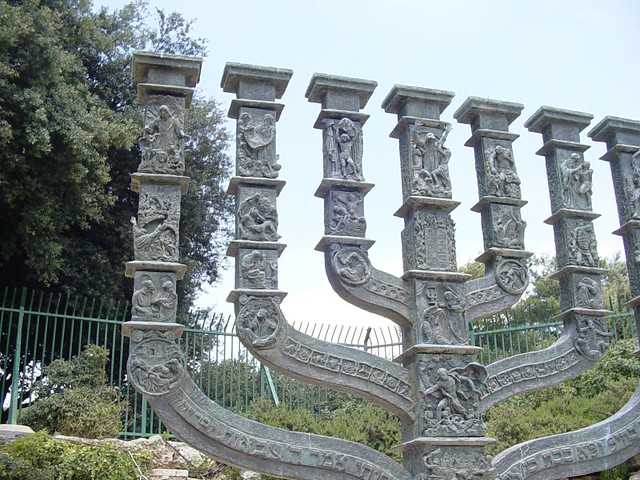Therefore, strengthen your listless hands and your weak knees
Hebrews 12:12 NET
The author of Hebrews assures us: “We have a great cloud of witnesses surrounding us;” therefore do not grow weary and lose heart.
Life’s race shall not be to the finish of death, but to our completion in eternity.
In Christ we have grace. So many witnesses of faith, as the writer of Hebrews points out, from Noah to Moses and David. These pointed to a more perfect place and worship.
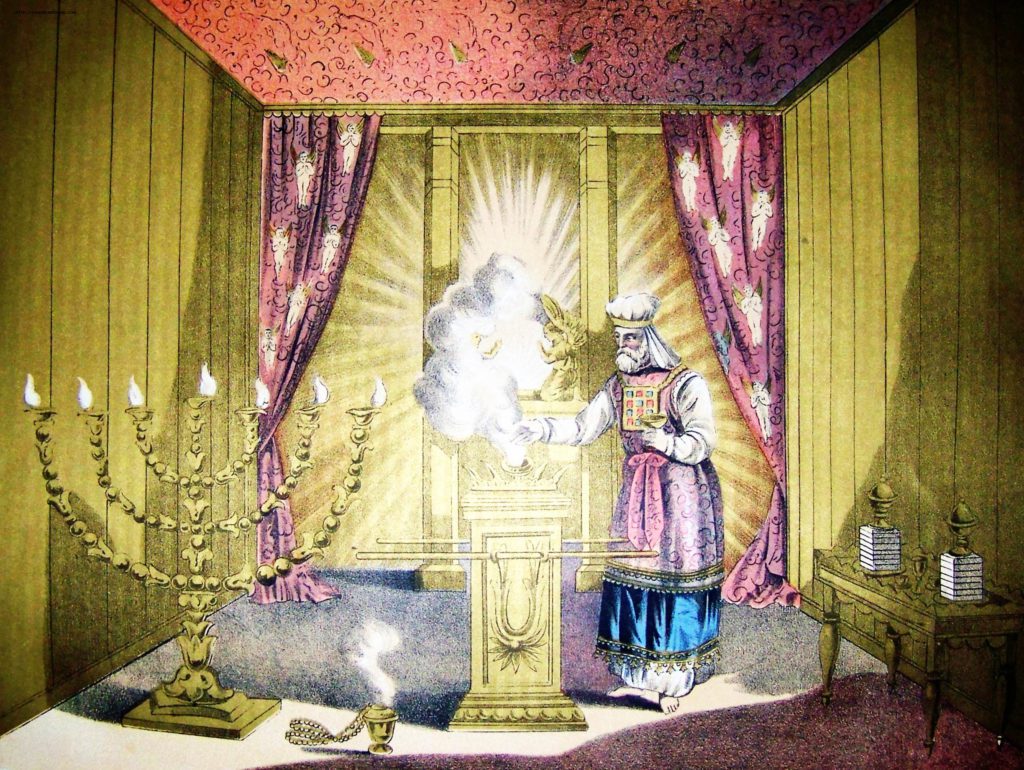
The imagery of the Priest making offerings to the Lord in the Holy of Holies is an earthly imitation of true worship and perfect offering made by our Holiest and Perfect Son of God, Christ Jesus! He alone sanctifies us. By His grace we are saved.
Hebrews 12:
a Few Cautions
14 Pursue peace with all men… and the sanctification…
The author of Hebrews cautions to believers echo: “Love one another,” and be holy before the LORD your God.
15 Make sure that no one falls short of the grace of God…
Who is the author addressing? Brothers (and sisters) who believe in the Lord. Yet what is their understanding of the grace of God?
We often reject the grace of God when roots sprout from our selfishness. He cautions next to make sure ‘that no root of bitterness springs up…
A ‘root of bitterness‘ springing up draws on the imagery of weeds (among the good crop), an extreme wickedness and hatred growing from the depths of your heart. He compares this by example to the attitude of Esau, of whom the Lord said: ‘but I have hated Esau.’
Come to the Mountain
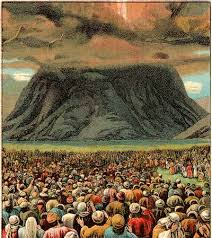
You have not come to a physical mountain, to a place of flaming fire, darkness, gloom, and whirlwind, as the Israelites did at Mount Sinai.
Hebrews 12:18 NLT
Sinai or Zion: Fear or Joy
20 [CSB] for they could not bear what was commanded: If even an animal touches the mountain, it must be stoned. 21 The appearance was so terrifying that Moses said, I am trembling with fear.
וְזֹאת הַבְּרָכָה אֲשֶׁר בֵּרַךְ מֹשֶׁה אִישׁ הָאֱלֹהִים אֶת־בְּנֵי יִשְׂרָאֵל לִפְנֵי מֹותֹֽו׃
וַיֹּאמַר יְהוָה מִסִּינַי בָּא וְזָרַח מִשֵּׂעִיר לָמֹו הֹופִיעַ מֵהַר פָּארָן וְאָתָה מֵרִבְבֹת קֹדֶשׁ מִֽימִינֹו אשֶׂדת לָֽמֹו׃
Devarim (Deuteronomy) 33:1-2 (WLC)
Do you fear Almighty GOD!?
Moses did, many prophets did, Saul of Tarsus and others all fell prostate before Almighty God.
… and his face was shining like the sun at full strength.
When I saw him, I fell at his feet like a dead man. He laid his right hand on me and said, “Don’t be afraid. I am the First and the Last, and the Living One. I was dead, but look—I am alive forever and ever, and I hold the keys of death and Hades.
The REVELATION of Jesus Christ to John 16B-18 CSB
Since the generations of Moses, priests entered the Holy of Holies with an expectation of meeting the LORD.
Moses placed a veil over his face after descending Mount Sinai with his face shining with the glory of the Lord. The Holy of Holies was separated from other rooms of the Temple by a veil.
The LORD is fearful and awesome! What mortal may face Him?
Mount Zion, above all the high places
To enter the Holy of Holies is to step across the threshold of holiness to encounter the LORD in a place above His creation.

Then, behold, the veil of the temple was torn in two from top to bottom; and the earth quaked, and the rocks were split, and the graves were opened; and many bodies of the saints who had fallen asleep were raised; and coming out of the graves after His resurrection, they went into the holy city and appeared to many. – Matthew 27:51-53 NKJV
22 Instead, you have come to Mount Zion, to the city of the living God (the heavenly Jerusalem)…
The author of Hebrews describes, in part, the heavenly abode of the Lord God and Christ Jesus. Moses could not fully explain the Face of God. Ezekiel and other Prophets could not fully describe the glory of the Lord. John could not fully reveal the Heavenly Place of the Lord or the Apocalypse of this created heavens and earth.
Yet here the author assures us of the joy we have in Christ Jesus. He describes this holiest place of the Lord as the place of our Priest making His Perfect Sacrifice.
… 24 and to Jesus, the mediator of a new covenant, and to the sprinkled blood, which says better things than the blood of Abel.
Do Not Refuse the Voice of Jesus
New Covenant, therefore, a new Priest – a Perfect Sacrifice and Perfect Mediator between the LORD God and sinful man. Which will you choose?
25 “See that you do not refuse Him… “ states the NKJV. Once again, the author of Hebrews invokes our natural fear of the Lord quoting well-known scripture. HE WARNS YOU FROM HEAVEN!
Now Mount Sinai was all in smoke because the LORD descended upon it in fire; and its smoke ascended like the smoke of a furnace, and the whole mountain quaked violently.
Tremble, earth, at the presence of the Lord,
eXODUS 19:18; pSALM 114:7
at the presence of the God of Jacob.
28 [NIV] Therefore, since we are receiving a kingdom that cannot be shaken, let us be thankful, and so worship God acceptably with reverence and awe, 29 for our “God is a consuming fire.”
Two covenants, two mountains, two types of High Priests to intervene for you before Almighty God. Will you worship by the grace of Christ Jesus?
To be continued...
